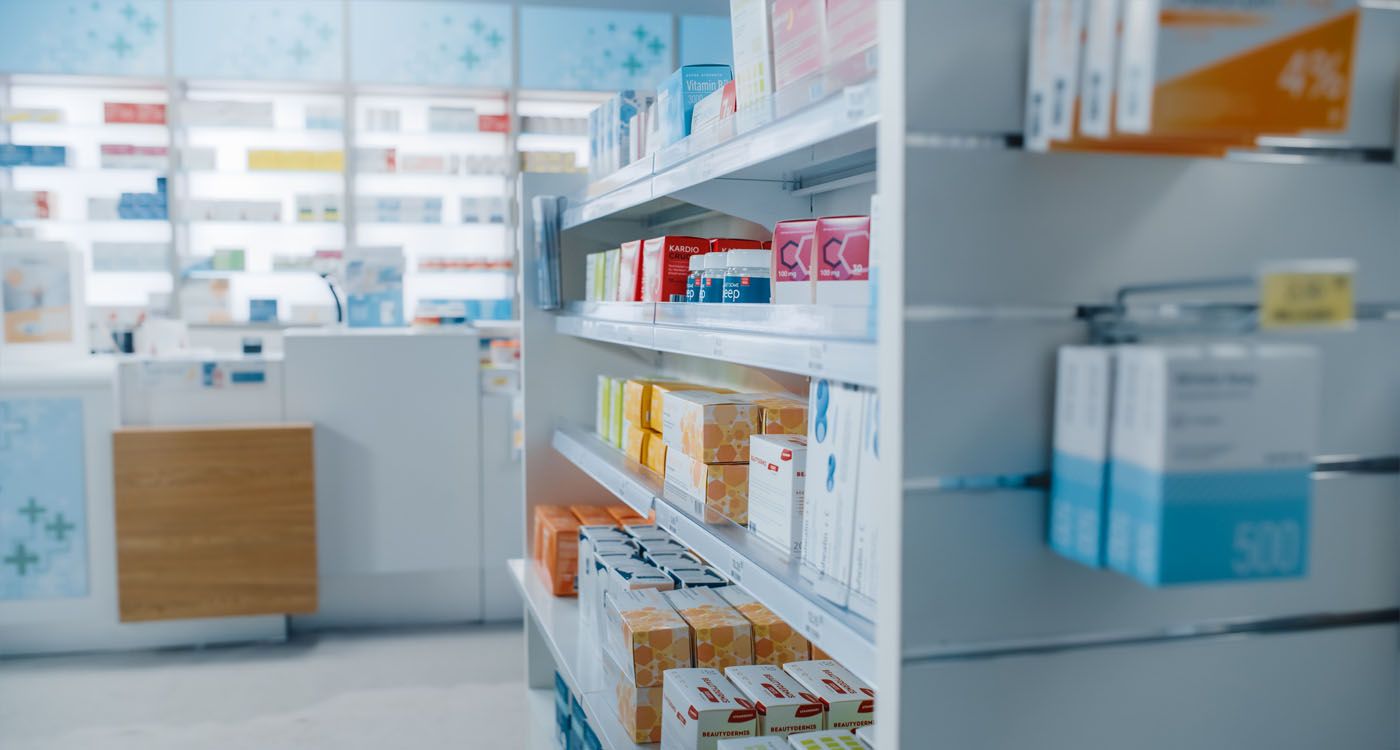
The President of the Pharmacists’ Syndicate, Joe Salloum, stated that the fall of the Syrian regime would put an end to the smuggling of medications, noting that subsidized medicines have been smuggled across border points.
"With the regime's fall, the borders will be controlled, and the process of drug smuggling in both directions will come to an end," he expressed with hope.
According to Salloum, Lebanon is experiencing a period of genuine independence and hope, at the end of which it will regain its sovereignty, and its people will reclaim their dignity. He stressed that with the collapse of Assad’s regime, Lebanon would be freed from a major burden that has obstructed the establishment of the state.
Salloum assured that with the end of the war and the return of normal operations at the airport, fears of shortages in medications for chronic illnesses are alleviated, except for certain drugs that are currently out of stock. However, he expressed optimism that these medications would soon be made available. He noted that subsidized medications for chronic illnesses are available but in limited quantities that do not meet current needs.
He also expressed hope that, with the election of a new president and the formation of a new government, medications for cancer and multiple sclerosis would be fully subsidized and widely available. Salloum highlighted the importance of maintaining the quality of medications and avoiding replacing them with inferior alternatives.
In this regard, he called for the activation of the National Drug Agency and the implementation of the required decrees. He argued that medication registration, monitoring, and pricing should be entrusted to the agency to prevent Lebanon from becoming a dumping ground for substandard medications from third-party countries. Patients have the right to access high-quality drugs.
Salloum expressed hope for a brighter future and for Lebanon to reclaim its historical role as the "hospital and pharmacy of the Orient" through the establishment of a fair state.
He also underscored the need for justice for pharmacists affected by the recent war and to grant them their rights. "We have 380 pharmacies that were completely or partially destroyed. We conducted a survey with all the necessary details and contacted the Union of Francophone and International Pharmacies for assistance," he added.



Comments